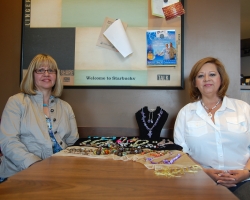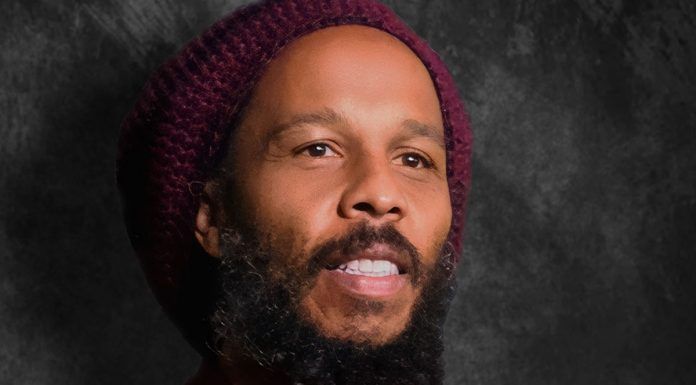The Foundation for Women, a microcredit loan program, takes a simple approach to helping families in the San Diego area. Start with women.
“I know it might sound a bit too stereotypical,” said Kristi Pennington, the group’s director of operations, “but typically, women invest their money back into the family.”
Operating on that theory, the foundation issues loans of as little as $250 to women throughout the South Bay and San Diego County, loans that can help them buy jewelry-making materials or other capital needed to start a small cottage business.
The group has made more than 300,000 loans both in the U.S. and in Liberia, and they’re expanding their operations in the South Bay.
Elsa Urzua, a mother of three, has been making and selling jewelry for almost six years with help from the foundation.
Before she received her loans, she said, she had to buy her gems and precious metals at retail prices and in small quantities, cutting into her profit.
With her most recent loan, she said, she spent almost a $1,000 on materials that would have cost her far more if she hadn’t been able to invest all at once. She and her husband have even been able to buy a second car with the money she makes selling her wares at street festivals and other gatherings.
Leticia Crisci said the jewelry she creates provides a few extra dollars for her four children, but that the dollar amount was perhaps less important than the intangible rewards.
“You feel valuable. When you’re married, your kids always see the husband bringing in money … but once mom provides, it’s like, ‘Oh, mom can make money too,'” Crisci said.
The microcredit concept was developed in Bangladesh to address a conundrum faced by poor entrepreneurs in developing countries. A small amount of capital could be enough to establish a sustainable business – a few chickens to produce eggs or a cow for milk. But with no collateral or credit history, banks were not willing to entertain such poor clients, perpetuating a cycle of poverty. Bangladeshi economist Muhammad Yunus won the Nobel Peace Prize in 2006 for his pioneering microcredit efforts in the 1980s and the idea has since gained traction all over the world.
“If you enter into the foundation,” said Urzua, “your life changes. It’s not only about starting a business. They really value our work and they give us a lot of inspiration to continue.”















